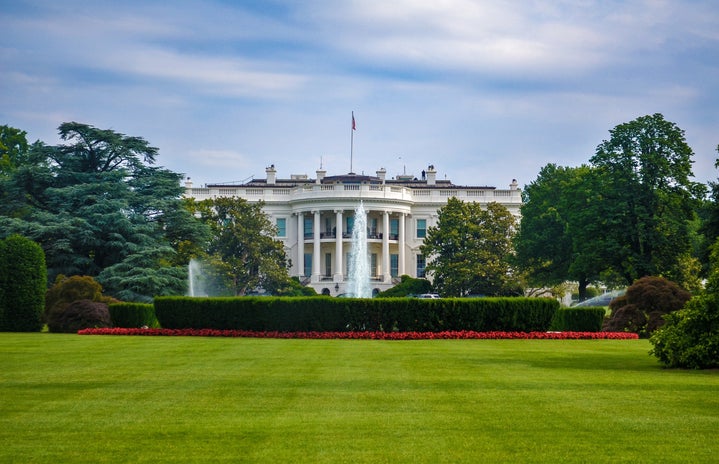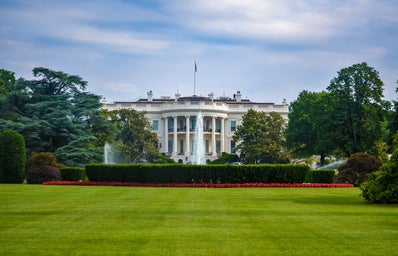Before Black History Month, there was Black History Week, which was sponsored by the Association for the Study of African American Life and History (ASALH) in 1926. Held during the second week of February, the recognition and celebration of prominent African Americans was planned to coincide with both Frederick Douglass’ and Abraham Lincoln’s birthdays. Every U.S. president since 1976 has chosen to dedicate the month of February to the education and acknowledgment of the impact African American culture on life in America; Canada and the United Kingdom also have similar events.
In his message regarding the importance of Black History Month in 1976, President Gerald R. Ford said:
“Freedom and the recognition of individual rights are what our Revolution was all about. They were ideals that inspired our fight for Independence: ideals that we have been striving to live up to ever since. Yet it took many years before ideals became a reality for black citizens… In celebrating Black History Month, we can take satisfaction from this recent progress in the realization of the ideals envisioned by our Founding Fathers. But, even more than this, we can seize the opportunity to honor the too-often neglected accomplishments of black Americans in every area of endeavor throughout our history.”
Respect is a focal point of Ford’s speech, and it explains the necessity of devoting and honoring the African American community with digestible brevity. He also hints at the development of the country by connecting the triumphs of the Civil Rights Movement to those of the Founding Fathers when the United States were created.
With the current social divide growing between races due to the multiple perspectives on issues ranging from police violence to our new president, being educated and involved in Black History Month this year is just as vital (if not more so) than any. On Wednesday, February 1st, President Donald Trump gathered a group of his closest African American supporters for a live-streamed “little breakfast” to discuss and live stream about Black History Month and to speak with each person individually about why they are happy to have him as a leader. Here are a few highlights from his introduction to the event meant to honor and contribute to the legacy of Black History Month:
“Well, the election, it came out really well. Next time we’ll triple the number or quadruple it. We want to get it over 51, right? At least 51.”
“During this month, we honor the tremendous history of African-Americans throughout our country… And their story is one of unimaginable sacrifice, hard work, and faith in America.”
“Last month, we celebrated the life of Reverend Martin Luther King, Jr., whose incredible example is unique in American history. You read all about Dr. Martin Luther King a week ago when somebody said I took the statue out of my office. It turned out that that was fake news. Fake news… The statue is cherished, it’s one of the favorite things in the—and we have some good ones.”
“Frederick Douglass is an example of somebody who’s done an amazing job and is being recognized more and more, I noticed. Harriet Tubman, Rosa Parks, and millions more black Americans who made America what it is today. Big impact.”
“But I don’t watch CNN, so I don’t get to see [Paris] as much as I used to. I don’t like watching fake news. But Fox has treated me very nice. Wherever Fox is, thank you.”
Besides being a verbal roller coaster, President Trump’s inarticulate recognition of the true impact of African Americans in the U.S. and around the globe was borderline distasteful in the way he turned every statement into one about his own agenda. As tensions have been rising in the past few years, this dialogue should have been far more thought out—possibly even memorized for more effect.
The striking differences between the quotes from 1976 to those in 2017 are fairly adequate proof that our nation needs to pull together to keep the tradition and awareness of Black History Month alive in our upcoming generations.
Some argue there is no need for February to be designated as Black History Month. In response to these points of view, I would ask them to reread the speeches of both Gerald R. Ford and Donald J. Trump and ask themselves if they feel as if a thorough enough knowledge of African American history was shown this year to dismiss the necessity of recognizing those who were not acknowledged long before our time, alongside those who are making a difference today.
Above all, what our citizens need during this time is unity, no matter their race. Being educated and fluent in speaking of different cultures and expanding one’s mind to see opposing views can be difficult, but it is always beneficial. Showing empathy and understanding to the past while embracing a more tolerant future is a balance held by individuals only. Not by government, not by protesters, not by policemen. By coworkers. By classmates. By neighbors—and we are all neighbors. Let us choose to fill this month, and this year, with newfound cognizance for one another.
To get more information on Black History Month, click here
To read Gerald R. Ford’s speech, click here
To watch Donald J. Trump’s speech, click here


